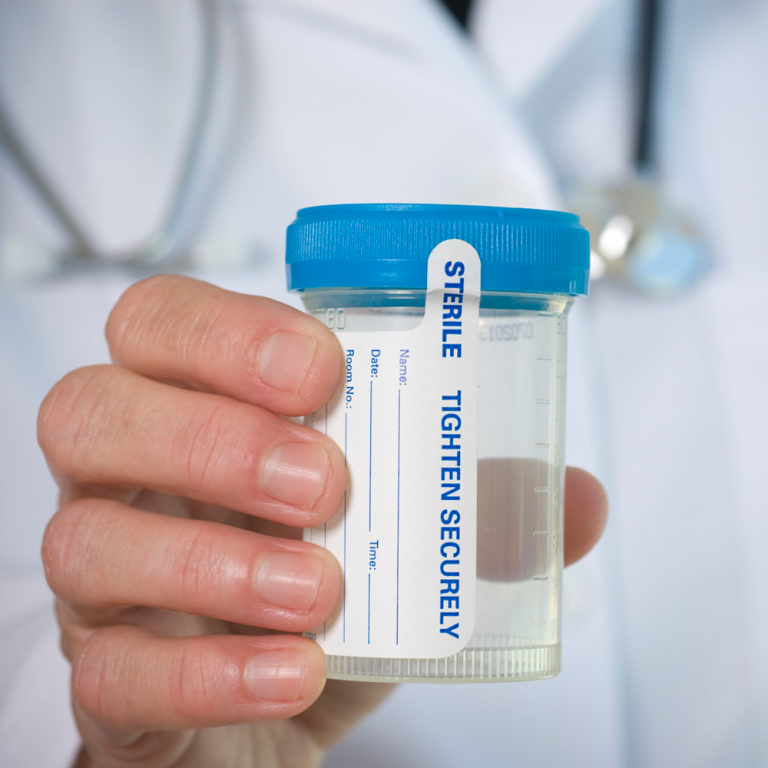The Benefits of Specimen Collector Training: Enhancing Accuracy, Efficiency, and Safety
In many healthcare and laboratory settings, specimen collection is a crucial first step in ensuring accurate diagnoses and successful treatment outcomes. Whether it involves blood, urine, or other bodily fluids, the way a specimen is collected, handled, and processed can significantly impact the results of medical tests. This is where specimen collector training becomes essential. It offers numerous benefits not just to healthcare providers but also to patients and the overall healthcare system.
1. Ensuring Accuracy and Reliability
One of the most critical benefits of specimen collector training is its role in ensuring the accuracy of collected samples. Specimen collectors are trained to understand the specific requirements for different types of samples. They learn how to properly collect specimens, prevent contamination, and ensure the sample remains intact during transport to the lab.
Accurate specimen collection is vital for correct test results. For instance, improper collection techniques can lead to inaccurate diagnoses, which might result in unnecessary treatments or missed conditions. Proper training helps mitigate these risks, ensuring that healthcare professionals receive reliable data that they can base their decisions on.
2. Reducing Contamination and Errors
Contamination during specimen collection is a significant concern in medical diagnostics. Improper handling or using unsterile equipment can introduce contaminants that compromise test results. Specimen collector training educates professionals about the importance of maintaining a sterile environment and using the right tools for each type of sample. For example, different types of urine samples (midstream, first morning, etc.) may require specific instructions for correct collection.
Trained specimen collectors are also adept at identifying common errors such as improper labeling, incorrect sample storage, or failure to follow specific patient instructions. By reducing such errors, trained professionals play a critical role in improving the accuracy and effectiveness of diagnostic processes.
3. Enhancing Patient Comfort and Experience
Specimen collection can be a stressful experience for patients, especially when the procedure is invasive or uncomfortable. A well-trained specimen collector knows how to ease a patient's anxiety and ensure the process is as smooth as possible. They are equipped with techniques to minimize discomfort and create a positive environment during specimen collection. This level of professionalism can also improve patient cooperation and the quality of the sample, as patients feel more at ease and willing to follow the necessary instructions.
Moreover, trained specimen collectors can explain the procedure clearly, which helps patients understand the importance of proper sample collection. This helps patients trust the process and feel more involved in their care.
4. Maintaining Safety and Infection Control
Proper specimen collection is critical to maintaining infection control protocols, both for the patient and the healthcare provider. With proper training, specimen collectors learn how to handle bodily fluids safely, ensuring that there is minimal risk of cross-contamination or exposure to harmful pathogens.
In particular, training on the use of personal protective equipment (PPE) is vital. Specimen collectors are taught when and how to wear gloves, masks, and other protective gear to prevent the spread of infectious diseases. They also learn the proper disposal methods for contaminated materials, which further reduces the risk of infection.
5. Improving Efficiency in the Healthcare System
Time is of the essence in healthcare settings, and specimen collection can be a time-consuming task if not done efficiently. With proper training, specimen collectors are able to streamline the process by adhering to the correct protocols and handling samples efficiently. This allows healthcare professionals to focus on other aspects of patient care, ultimately contributing to improved workflow in busy healthcare environments.
Training also ensures that specimen collectors know how to manage multiple samples at once, organize transportation schedules, and keep track of various patient specimens. As a result, the entire diagnostic process becomes faster, which is particularly important in time-sensitive situations, such as emergency rooms or intensive care units.
6. Compliance with Legal and Regulatory Standards
Specimen collection is governed by strict regulations to ensure patient safety and the integrity of test results. In many regions, healthcare professionals involved in specimen collection must meet specific certifications and training standards. Specimen collector training ensures that healthcare workers understand the legal and ethical responsibilities associated with their role, from patient consent to following strict privacy guidelines.
Training programs typically cover compliance with industry standards such as those set by the Occupational Safety and Health Administration (OSHA), Clinical Laboratory Improvement Amendments (CLIA), and other regulatory bodies. By completing training, specimen collectors can avoid legal and financial repercussions, ensuring the healthcare facility meets necessary accreditation standards.
7. Building Professional Expertise
Specimen collector training helps professionals build a deep understanding of laboratory processes and specimen handling. This expertise increases their value within healthcare teams, as they become vital assets in delivering high-quality patient care. Trained specimen collectors are also well-positioned to step into leadership roles, mentoring new staff members or improving procedures within the laboratory or healthcare setting.
Furthermore, ongoing training and certifications allow professionals to stay updated on the latest developments in specimen collection techniques, including emerging technologies and industry trends. This ensures that the healthcare team remains at the forefront of best practices and innovation.
Conclusion
Specimen collector training offers a multitude of benefits that positively impact patient care, the quality of diagnostic results, and the efficiency of healthcare operations. By ensuring that specimens are collected accurately, safely, and efficiently, trained specimen collectors are crucial in maintaining the integrity of medical testing and helping healthcare teams make informed decisions.
For healthcare facilities looking to provide the best possible care, investing in specimen collector training is not just an option—it’s a necessity.


Hi, this is a comment.
To get started with moderating, editing, and deleting comments, please visit the Comments screen in the dashboard.
Commenter avatars come from Gravatar.